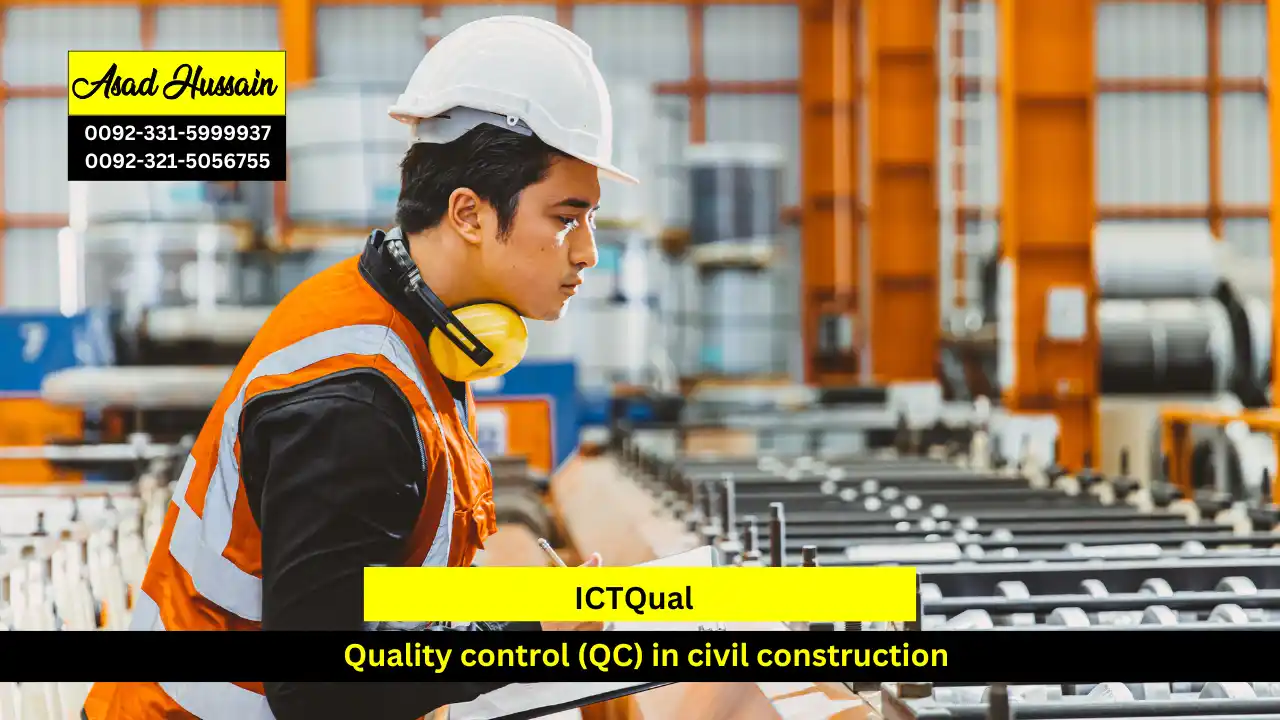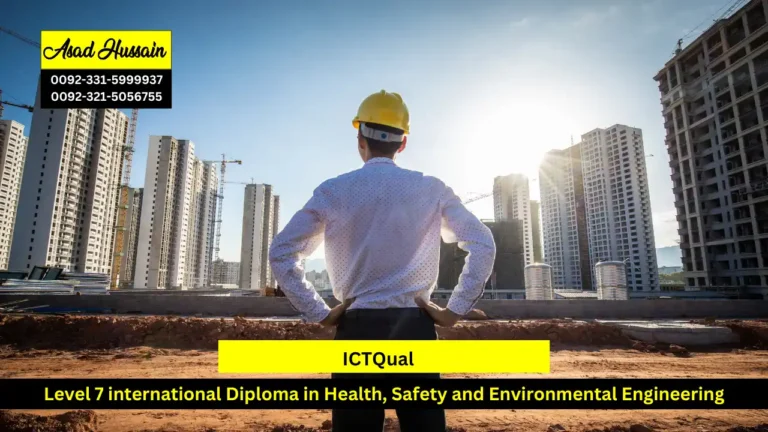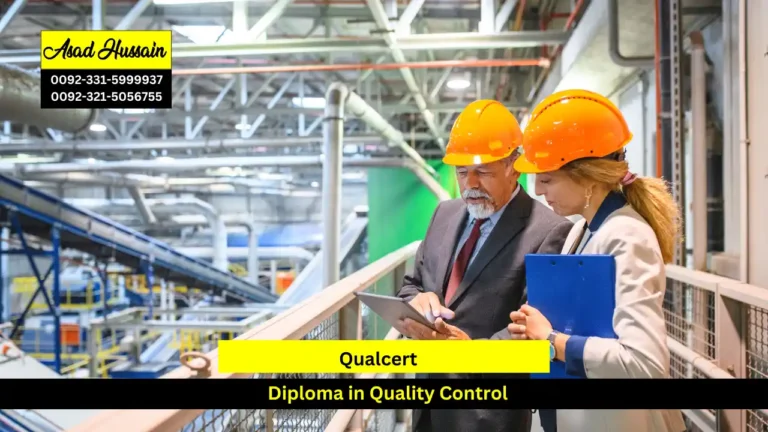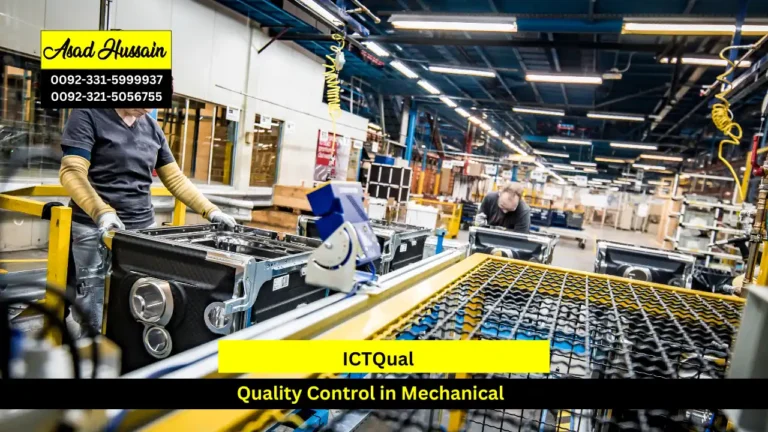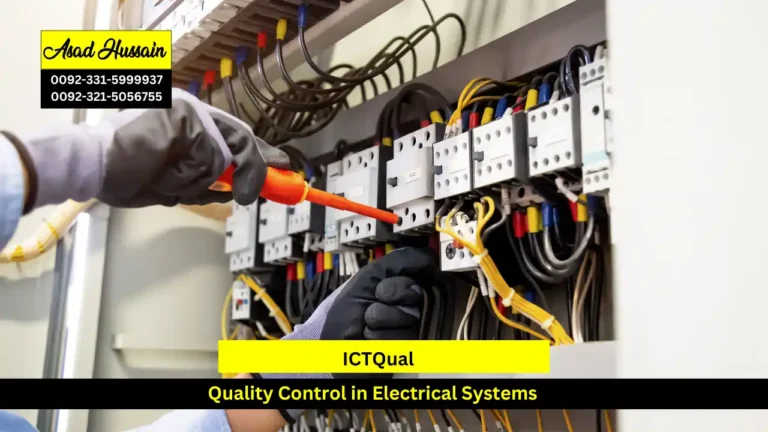Quality control (QC) in civil construction involves a series of inspections, tests, and procedures designed to ensure that the materials, workmanship, and techniques used in construction meet specified standards and project requirements. The primary goal is to deliver a finished product that is safe, functional, and durable.
Quality control in civil construction is an indispensable aspect of the industry, ensuring that projects are safe, durable, and compliant with standards. By integrating rigorous QC practices and leveraging modern technology, construction firms can deliver exceptional results that stand the test of time. As the industry evolves, so too must our approaches to quality control, embracing innovation while upholding the highest standards of excellence.
Program Highlights
Mandatory Units
- Introduction to Quality Control in Civil Construction
- Quality Standards and Regulations
- Quality Assurance Processes
- Inspection Techniques and Methods
- Documentation and Reporting
- Problem-solving and Corrective Actions
- Risk Management in Quality Control
- Communication and Stakeholder Management
- Candidates may be required to have a certain level of education, typically a high school diploma or equivalent. Some courses may have specific educational requirements related to civil engineering, construction management, or a related field.
- Since the course may involve lectures, materials, and assessments conducted in English or another language, candidates may need to demonstrate proficiency in the language of instruction. This could be through standardized language tests or other means of assessment.
- Individuals interested in enrolling in the course may need to demonstrate their professional goals and objectives related to quality control in civil construction
- Candidates may need to hold certain certifications or licenses related to construction or quality control.
Introduction to Quality Control in Civil Construction
- Understand the fundamental principles of quality control in the civil construction industry.
- Identify the key components and objectives of a quality control system.
- Recognize the importance of quality control in ensuring the safety, durability, and compliance of construction projects.
Quality Standards and Regulations
- Comprehend the various quality standards and regulations applicable to civil construction.
- Apply relevant industry standards and legal requirements to construction projects.
- Evaluate the impact of regulatory compliance on project planning and execution.
Quality Assurance Processes
- Distinguish between quality control and quality assurance processes.
- Develop and implement effective quality assurance plans for construction projects.
- Monitor and assess the effectiveness of quality assurance activities.
Inspection Techniques and Methods
- Master various inspection techniques and methods used in civil construction.
- Conduct thorough inspections of materials, workmanship, and structural integrity.
- Utilize non-destructive testing methods to evaluate construction quality without causing damage.
Documentation and Reporting
- Create comprehensive documentation and reports for quality control activities.
- Maintain accurate records of inspections, tests, and corrective actions.
- Communicate findings and recommendations effectively through detailed reports.
Problem-solving and Corrective Actions
- Identify common quality issues and defects in civil construction.
- Develop problem-solving strategies to address and rectify quality issues.
- Implement corrective actions to prevent recurrence and improve overall project quality.
Risk Management in Quality Control
- Assess the risks associated with quality control in construction projects.
- Develop risk management plans to mitigate potential quality issues.
- Monitor and adjust risk management strategies throughout the project lifecycle.
Communication and Stakeholder Management
- Understand the role of effective communication in quality control.
- Engage with stakeholders, including clients, contractors, and regulatory bodies, to ensure quality expectations are met.
- Resolve conflicts and manage stakeholder expectations related to quality control.
This course is designed for professionals involved in the civil construction industry who seek to enhance their knowledge and skills in quality control. It is ideal for civil engineers, project managers, site supervisors, quality control inspectors, and construction managers who are responsible for ensuring that construction projects meet the highest standards of quality and safety. Additionally, this course is valuable for aspiring professionals aiming to enter the field of civil construction with a strong foundation in quality control principles and practices. Whether you are looking to advance your career, ensure compliance with industry regulations, or simply improve the overall quality of your construction projects, this course provides the essential knowledge and practical skills needed to achieve these goals.

